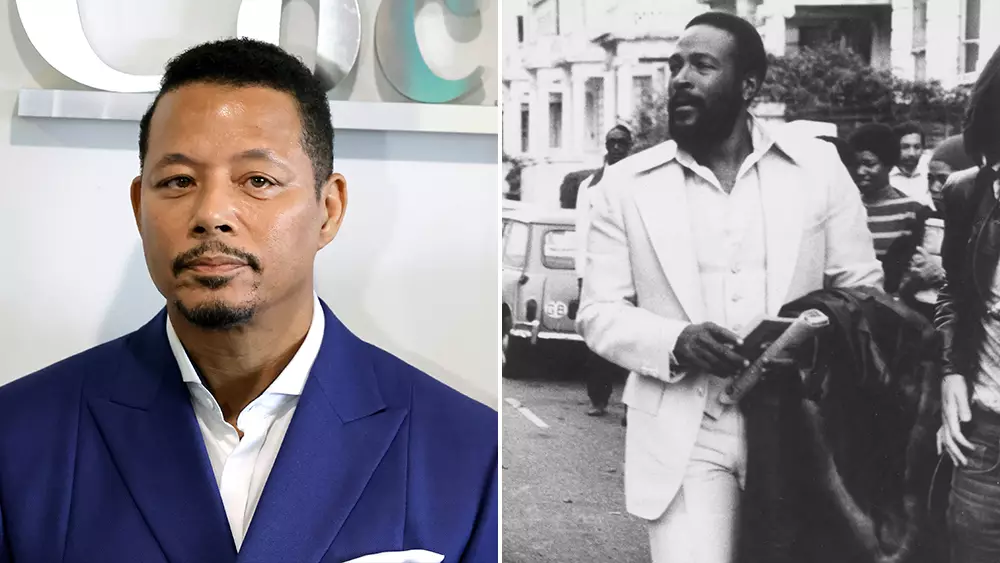In a candid conversation on Bill Maher’s “Club Random” podcast, Academy Award-nominated actor Terrence Howard opened up about a decision that he now considers one of the most significant missteps of his career: declining the opportunity to play the iconic Marvin Gaye in a biopic directed by Lee Daniels. Howard cited a personal conflict surrounding the exploration of Gaye’s rumored homosexuality as the crux of his hesitation, raising questions about authenticity and artistic integrity in Hollywood.
Howard’s admission reflects the internal strife many actors face—balancing personal beliefs with professional aspirations. His decision not only reveals his own limits in confronting unfamiliar territory but also shines a light on the broader cultural ethos of Hollywood, where creative storytelling often collides with an actor’s personal values. The idea that one must embody the essence of a character—flaws and all—can be daunting, especially when that essence challenges one’s comfort zones.
A Double-Edged Sword: The Weight of Authenticity
While Howard claims that he couldn’t “fake” the experience of playing a character that involves same-sex intimacy, this reveals a dichotomy in his approach to acting. There is an inherent expectation for actors to immerse themselves fully in their roles, yet when that immersion involves aspects of life the actor does not relate to or understand, it brings forth deep-seated anxieties. His rejection underscores an unsettling truth: fidelity to one’s own beliefs can sometimes come at the expense of portraying complex characters that need nuanced performance.
Maher’s perspective, suggesting that a deeper exploration of Gaye’s tumultuous life would lend itself to a more riveting narrative, is a testament to how narratives can often transcend the individual and touch on broader social issues. Would Howard’s portrayal not only have honored Gaye’s legacy, but also sparked necessary conversations about identity and love in its myriad forms? The conversation sparked by such roles could be profoundly transformative, not just for viewers but for the actors themselves, pushing them to challenge their own biases.
Reflecting on Personal Boundaries
This discussion coalesces around the theme of personal boundaries in acting. Howard stated that kissing another man on screen was a line he couldn’t cross, illustrating how the actor’s comfort levels can dictate the roles they take. His statement about wishing to “cut my lips off” if that were to happen, while hyperbolic, reveals an uncomfortable truth: boundaries—whether they arise from personal beliefs, societal norms, or fears—are often the defining factors that shape an artist’s career.
The dichotomy presented by both Howard and Maher—that rejecting roles tied to personal discomfort does not equate to homophobia—adds nuance to the discussions surrounding representation in media. It’s a reminder that personal authenticity must be balanced with the responsibility actors have to their audiences. They are, after all, conduits through which stories are told and figures are brought back to life.
In reflection, Howard’s journey highlights the delicate nature of performance art, where the scope of personal identity meets the theatrical realm. The discourse surrounding this formative decision not only speaks volumes about Howard’s personal journey but opens a broader dialogue on how actors navigate their own truths while tackling the multifaceted stories of others.
